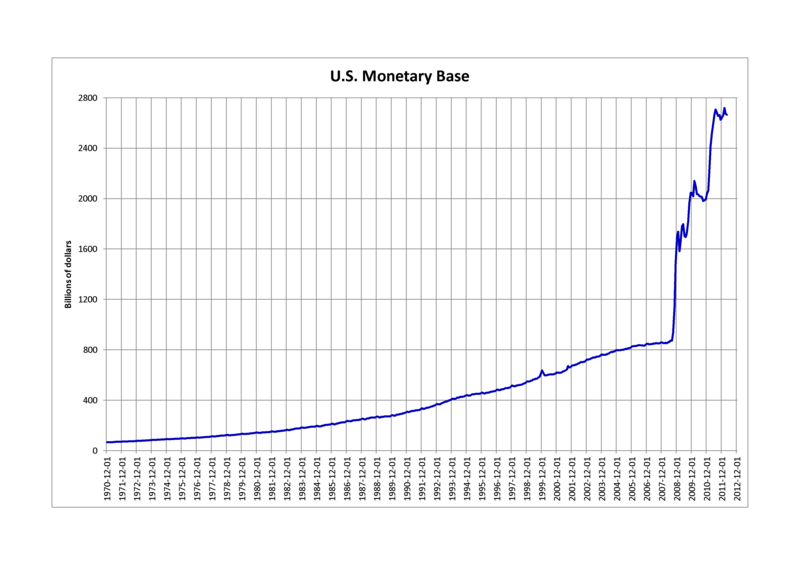Average Cost Of New Home Homes
1930 $3,845.00 , 1940 $3,920.00, 1950 $8,450.00 , 1960 $12,700.00 ,
1970 $23,450.00 , 1980 $68,700.00 , 1990 $123,000.00 , 2008 $238,880 , 2013 $289,500 ,
Average Wages
1930 $1,970.00 , 1940 $1,725.00, 1950 $3,210.00 , 1960 $5,315.00 ,
1970 $9,400.00 , 1980 $19,500.00 , 1990 $28,960.00 , 2008 $40,523 , 2012 $44,321 ,
Average Cost of New Car Cars
1930 $600.00 , 1940 $850.00, 1950 $1,510.00 , 1960 $2,600.00 ,
1970 $3,450.00 , 1980 $7,200.00 , 1990 $16,950.00 , 2008 $27,958 , 2013 $31,352 ,
Average Cost Gallon Of Gas
1930 10 cents , 1940 11 cents , 1950 18 cents , 1960 25 cents ,
1970 36 cents , 1980 $1.19 , 1990 $1.34 , 2009 $2.051 , 2013 $3.80 ,
Average Cost Loaf of Bread Food
1930 9 cents , 1940 10 cents , 1950 12 cents , 1960 22 cents ,
1970 25 cents , 1980 50 cents , 1990 70 cents , 2008 $2.79 , 2013 $1.98 ,
Average Cost 1lb Hamburger Meat
1930 12 cents , 1940 20 cents , 1950 30 cents , 1960 45 cents ,
1970 70 cents , 1980 99 cents , 1990 89 cents , 2009 $3.99 , 2013 $4.68 ,





 Reply With Quote
Reply With Quote











Connect With Us